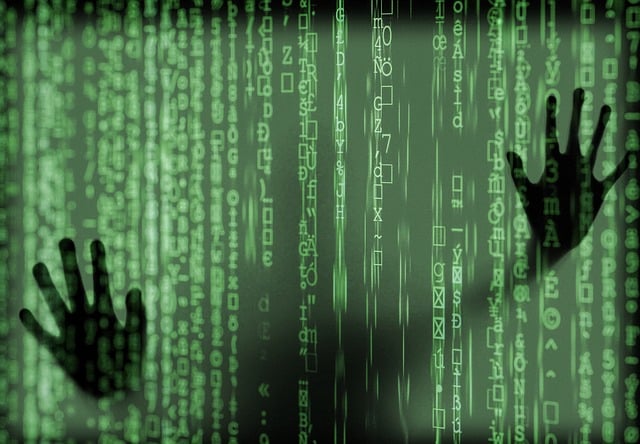How Can I Ensure Server Security?
Key Takeaways:
- Importance of server security for businesses.
- Comprehensive strategies to bolster server defenses.
- The role of continuous monitoring and employee training.
The Imperative of Server Security
Servers are the backbone of most businesses, storing critical data and running essential applications. Ensuring their security isn't just a best practice; it's a necessity. With the rise in cyber threats, businesses cannot afford to leave their servers vulnerable.
Strategies to Fortify Your Server
1. Regular Updates and Patches
Ensure that your server's operating system and all applications are updated regularly. Cybercriminals often exploit known vulnerabilities in outdated software.
2. Firewall Implementation
A robust firewall can filter out malicious traffic before it reaches your server. Configuring it correctly is crucial to prevent unauthorized access.
3. Secure Configurations
Default configurations can sometimes be insecure. Always customize server settings for maximum security. For instance, disable any unnecessary services or applications running on the server.
4. Intrusion Detection Systems (IDS)
An IDS monitors network traffic, detecting suspicious activities and alerting administrators. This proactive approach can thwart potential breaches.
5. Data Encryption
Encrypting data ensures that even if unauthorized access occurs, the data remains unreadable. Both data-at-rest and data-in-transit should be encrypted.
6. Multi-Factor Authentication (MFA)
MFA adds an extra layer of security, requiring users to provide two or more verification methods. This could be something they know (password), something they have (a smart card or token), or something they are (fingerprint or facial recognition).
7. Regular Backups
Regularly back up server data to a secure location. In case of any data loss or ransomware attacks, backups ensure business continuity.
8. Employee Training
Employees can be a weak link in server security. Regular training can make them aware of best practices and the latest threats. For instance, understanding the risks of phishing can prevent unauthorized server access. Train your staff to resist hackers for a comprehensive approach.
Continuous Monitoring: The Need of the Hour
Continuous monitoring of server activities can detect and respond to threats in real-time. Tools that provide real-time alerts can be invaluable. For a deeper understanding of monitoring and its importance, check out Real-time monitoring with your business.
FAQs on Server Security
Q: How often should I update my server?
A: As soon as updates or patches are released. Delaying updates can leave your server vulnerable.
Q: Is physical security important for servers?
A: Absolutely. Ensure that server rooms are locked and access is restricted to authorized personnel only.
Q: How do I know if my server has been compromised?
A: Signs include unexpected system behavior, unauthorized data access, or system crashes. Regular audits can also help identify breaches.
The Role of Managed IT Services
Managed IT services can be a boon for businesses, especially when it comes to server security. These professionals can handle everything from regular updates to real-time monitoring, ensuring that your servers remain impenetrable. To understand the myriad benefits they bring to the table, explore Why should you hire managed IT services for your business?.
The Bottom Line
Server security is non-negotiable in our interconnected era. With the right strategies, tools, and awareness, businesses can ensure that their servers remain secure, ensuring smooth operations and trustworthiness in the eyes of clients and partners. For a comprehensive understanding of cybersecurity and its facets, delve into Cybersecurity for businesses.
Remember, a secure server isn't just about preventing unauthorized access; it's about ensuring the longevity and reputation of your business.



